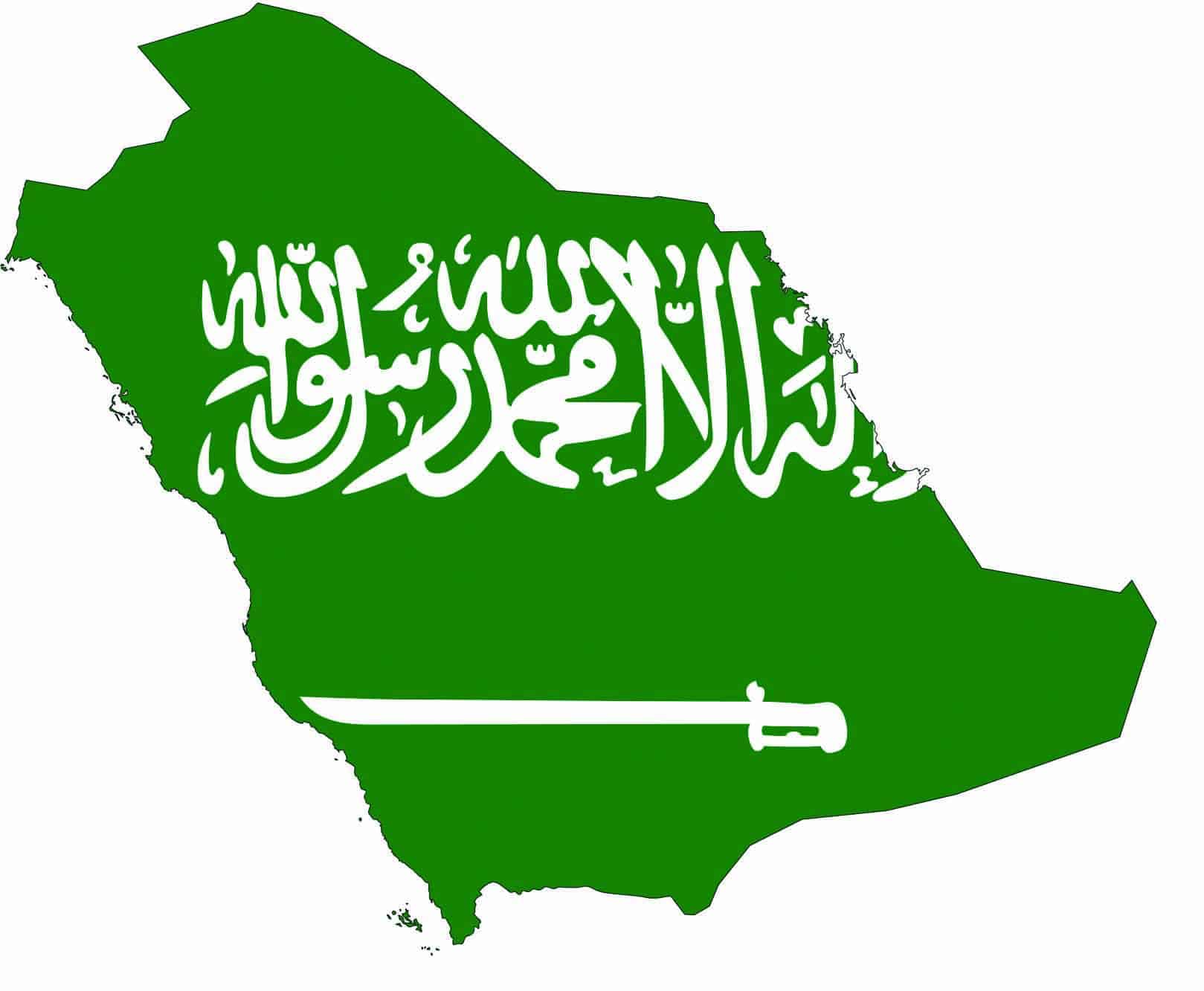Jamal Khashoggi and the bravery of journalism

author: Jacob Nelson | staff writer

jeremy davis
About two weeks ago, the Washington Post lost one of their journalists, Jamal Khashoggi. The idea of a journalist passing away should not come as a shock to people; a lot of journalists spend their lives following danger to bring us the best story possible. This normally involves being on the frontlines of conflicts and natural disasters. But what happened to Jamal is a cause for concern, because it was so ambiguous.
The journalist found himself in a bad situation when he was followed into the Saudi consulate in Turkey by what are presumably Saudi special forces. Jamal never reappeared. He was getting documents he needed to marry his fiancé Hatice Cengiz. He told Cengiz to call the police if he did not come out in a few hours. And we all know what happens next – kind of, not really.
The Turkish consulate said that Jamal was murdered, and they had video to prove it. There is also video of a Saudi private plane landing early that day with what looks like a “task force” getting off, and then getting back on and flying away after the murder had supposedly taken place.
This is not acceptable. And the world has responded accordingly. Of course, it took more time to convince some people – like the brave, all-knowing, Wharton-educated Trump, who echoed the Saudi prince’s words and said he has no idea what happened to Jamal. Trump also said that this is the same kind of witch hunt we saw with Kavanaugh, who was ultimately deemed innocent of past sexual assault claims. But thankfully, even The Donald has come around now: he says he is not satisfied with the Saudi confession alleging that Jamal died in a fistfight at the consulate. [Editor’s note: Saudi Arabia has since called the killing of the journalist a “tremendous mistake” according CNN]
For those who have been living under a rock, the Turkish consulate said that the video they confiscated showed Jamal being tortured and eventually dismembered. People have petitioned the UN to get involved, citing that this has now become an international crisis, as it should be.
Jamal obviously knew something that the Saudis did not want him to know, or they felt he had betrayed him in some way. Either way, Jamal did something to piss someone off, and that is one of the dangers that comes with journalism. Jamal knew he was in a line of work that involved a lot of danger, and this is what makes journalists some of the bravest people on the planet. They accept this danger and expose themselves to bad situations for us to see what really happens across the world. However, that old saying “don’t shoot the messenger” can only go so far. The reality is that countries will go to extreme lengths to protect their national security, and many times journalists can impede on that. Saudi Arabia needs to be reprimanded for the atrocities that they committed in Turkey, but if things like this were not possible, journalism would not be the revered, brave, and dangerous career that it is today.
I am very thankful for what people like Jamal do for us, and I hope that peace can come to his family soon, as the rest of the world continues to fight for his justice.









